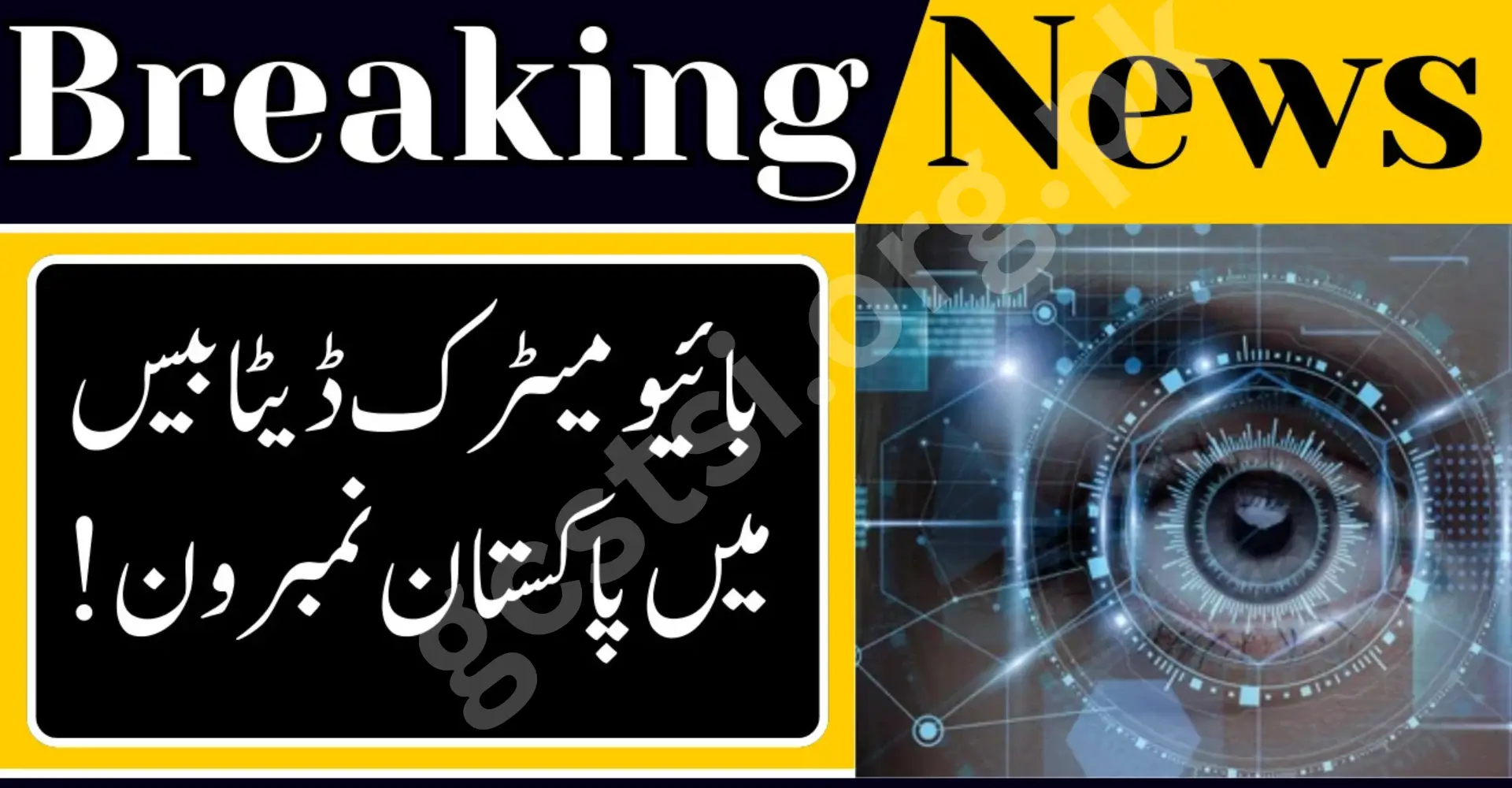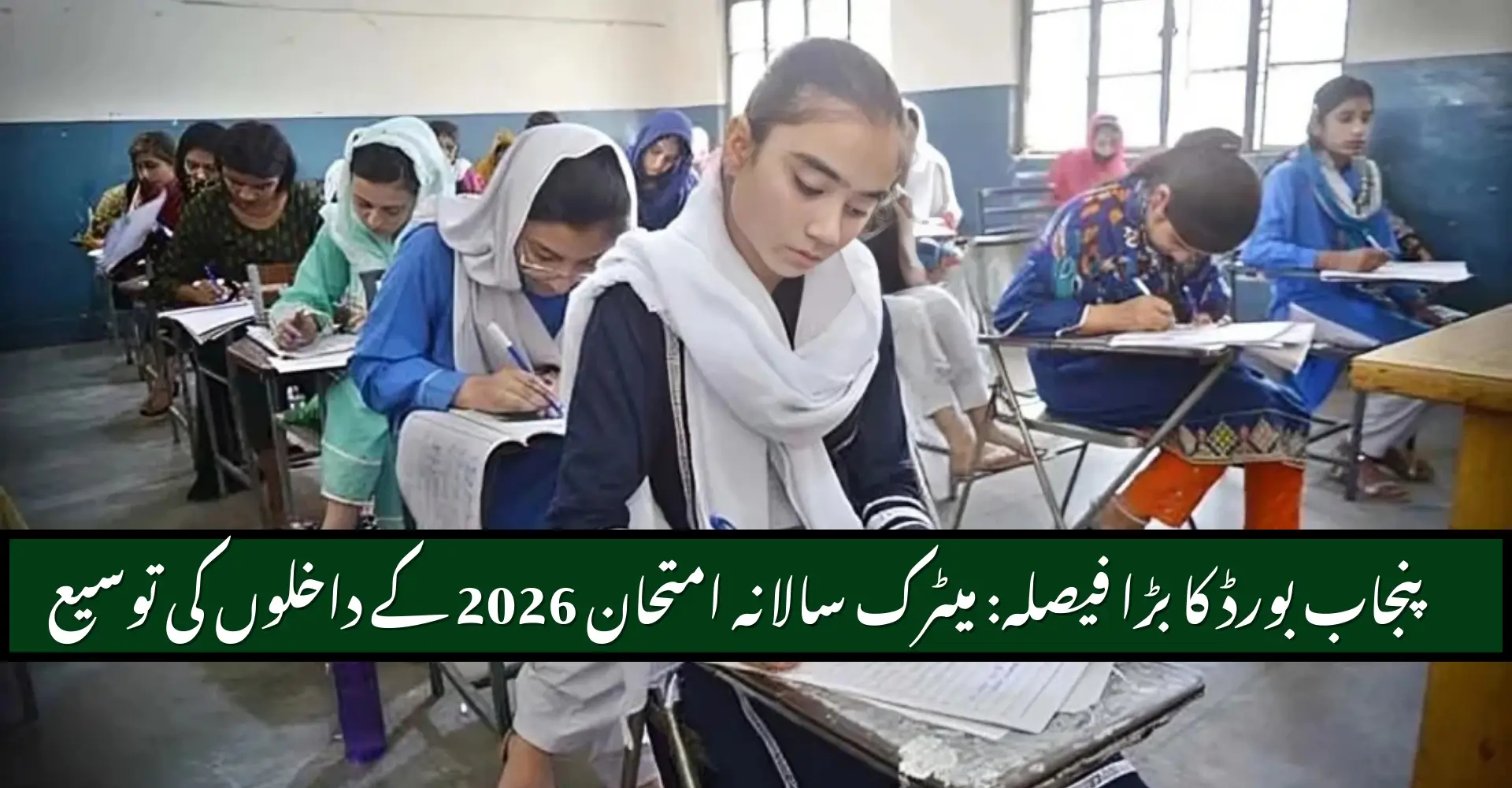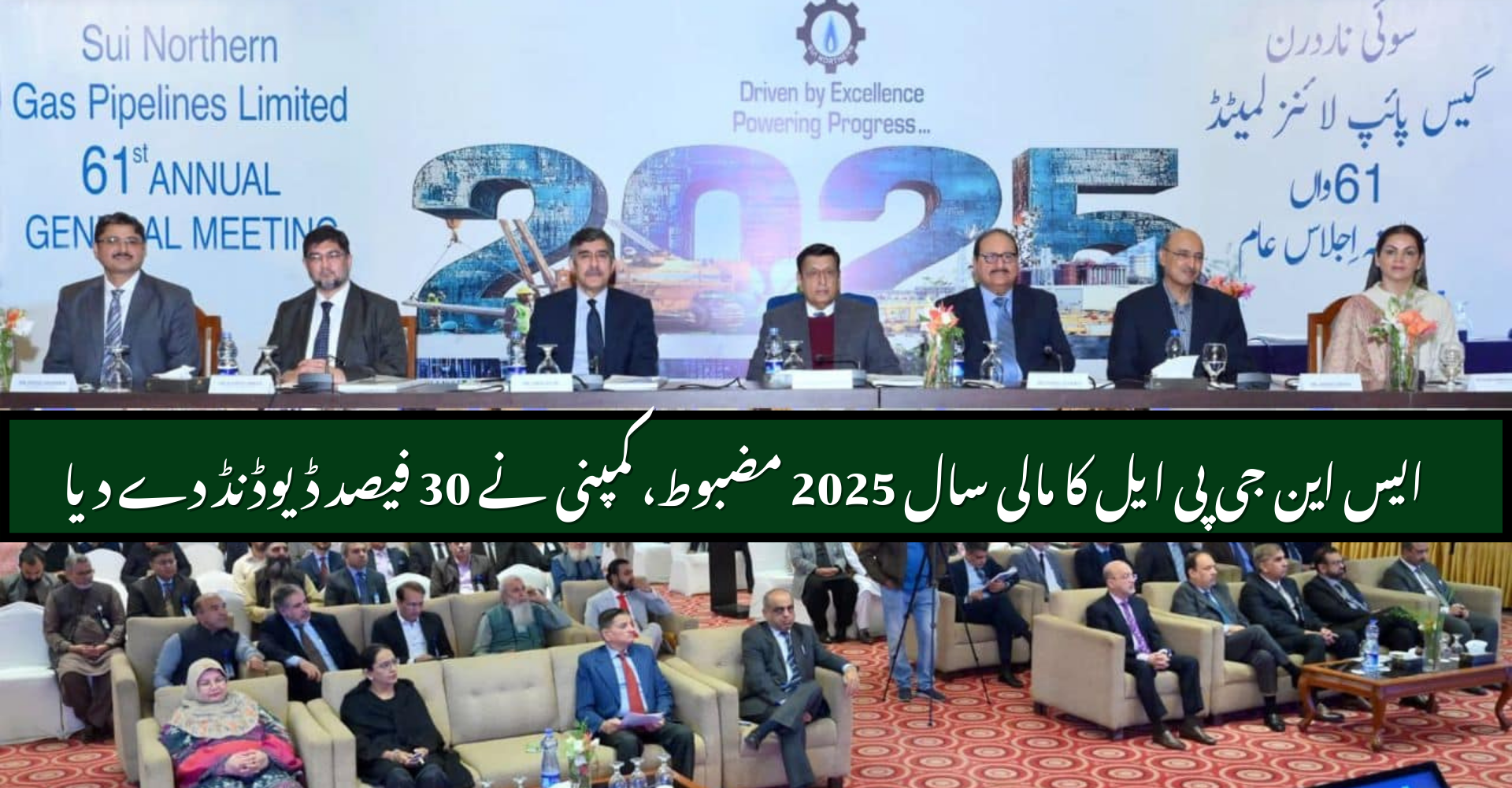Today News: Pakistan Builds World Largest Biometric Citizen Database 2025. Pakistan has taken a groundbreaking step in digital governance by creating the world’s largest Biometric Citizen Database in 2025. In a country facing natural disasters, security challenges, and administrative inefficiencies, the need for a secure, transparent, and fast system to manage citizen identities was urgent. This database, managed by NADRA (National Database and Registration Authority), has revolutionized how citizens are identified, making processes from SIM registration to financial aid distribution more reliable than ever.
What is the Pakistan Biometric Citizen Database?
The Pakistan Biometric Citizen Database is a digital repository that stores fingerprints, photographs, and detailed personal information of Pakistani citizens. Leveraging cutting-edge technology, this system ensures accuracy, speed, and transparency for identity verification across multiple sectors.
Key highlights include:
| Aspect | Information |
|---|---|
| Managing Authority | NADRA (National Database and Registration Authority) |
| Citizens Registered | Over 121 million |
| Stored Data | Ten fingerprints, digital photos, biographic details |
| Main Purpose | Counter-terrorism, transparent governance, aid distribution |
| Global Standing | World’s largest multi-biometric citizen database |
The database is considered one of the most ambitious digital initiatives in Pakistan’s history. International media, including The Washington Post, recognized it as “the world’s largest and fastest biometric information collection drive.”
How Does the Pakistan Biometric Database Work?
At its core, the database collects multi-biometric data for each citizen. This includes:
- Ten fingerprints
- High-resolution facial photographs
- National identity card (CNIC) details
- Biographic information like date of birth and address
This data is stored in a secure digital system that allows instant verification. Whether it is opening a bank account, registering a SIM card, or applying for government welfare, identity can be confirmed in seconds.
Key Applications of the Biometric Database
1. Biometric Verification for Mobile SIMs
In 2015, Pakistan mandated biometric verification for all mobile SIM cards.
Process:
- Citizens provide fingerprints and CNIC details to mobile companies.
- Data is verified against NADRA records.
- Verified users retain active SIMs; mismatches lead to deactivation.
Impact:
- Eliminated fake SIMs used for criminal activities
- Strengthened national security
- Enabled accurate tracking of phone users
2. Counter-Terrorism Measures
Before the database, terrorists often exploited unregistered SIM cards to conduct operations anonymously. With biometric verification:
- Every SIM is linked to a real identity
- Law enforcement can trace calls and texts to actual owners
- Criminals find it harder to use fake identities
This system has become a cornerstone in Pakistan’s anti-terrorism strategy, reducing risks and improving law enforcement efficiency.
3. Transparent Aid Distribution
During floods and natural disasters, fair distribution of aid has historically been a challenge. Using the Biometric Database, NADRA can:
- Verify victims using thumbprints and permanent addresses
- Ensure aid reaches the right recipients
- Maintain transparency and accountability
Results:
- Over $1 billion distributed fairly during 2010 floods
- International organizations praised Pakistan’s transparency
- Technology enhanced trust in government relief programs
4. Strengthening Tax Reforms
Tax evasion has long hindered Pakistan’s revenue system. NADRA’s database supports tax reforms by:
- Linking multiple government databases
- Identifying citizens eligible for taxation who were previously unregistered
- Facilitating efficient revenue collection
Impact:
- 3.5 million unregistered taxpayers identified
- Potential to generate billions in additional revenue
- Foundation for future transparent financial governance
Global Recognition of Pakistan’s Biometric Initiative
Pakistan’s database has set a global benchmark for biometric systems:
- Compared to India and South Africa, Pakistan implemented a larger-scale, faster solution
- Publications like Forbes and Washington Post hailed it as a model for developing nations
- Encouraged digital governance adoption worldwide
Benefits of the Biometric Citizen Database
- Speed: Identity verification occurs in seconds.
- Accuracy: Eliminates fraud and identity forgery.
- Transparency: Ensures fair distribution of aid and public services.
- Security: Supports counter-terrorism and law enforcement.
- Governance: Enhances trust between citizens and government.
How Pakistan Continues to Innovate
The Biometric Database is not static. With continuous upgrades:
- Integration with financial services for banking and e-wallets
- Support for digital ID cards and e-governance
- Potential to expand for healthcare and social services
FAQs
Q1: How many Pakistanis are registered in the biometric database?
A: Over 121 million citizens are registered with fingerprints, photographs, and CNIC details.
Q2: Can the biometric database prevent SIM-related crimes?
A: Yes, mandatory biometric verification ensures that every SIM is linked to a verified citizen, reducing criminal misuse.
Q3: How does NADRA ensure aid reaches the right people?
A: By matching thumbprints with permanent addresses, NADRA confirms the identity of disaster-affected citizens before disbursing aid.
Q4: Is the Pakistan Biometric Database recognized internationally?
A: Yes, major publications like Forbes and The Washington Post have highlighted it as a global model for biometric citizen systems.
Q5: How is the database contributing to tax reforms?
A: By linking multiple government databases, NADRA identifies citizens liable for taxes and facilitates transparent revenue collection.
Conclusion
The Pakistan Biometric Citizen Database 2025 represents a historic leap in digital governance. From enhancing citizen identity verification to streamlining aid distribution and supporting counter-terrorism, this system ensures accuracy, transparency, and security. Pakistan has not only set a global benchmark but also empowered millions of citizens through trustworthy governance.














